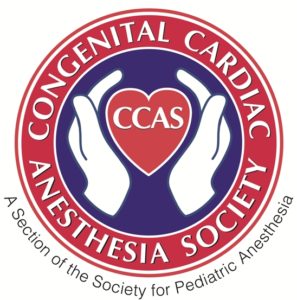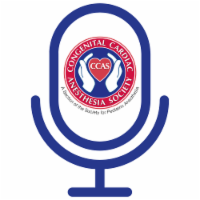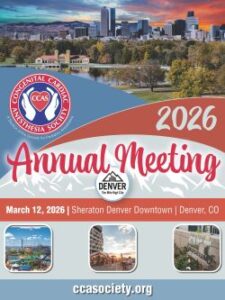Do you have an idea for a Workshop, Problem-Based Learning Discussion (PBLD) or Expert Round Table Discussion that would benefit the Congenital Cardiac Anesthesia Society (CCAS) membership? If so, please see the requirements and submission information below for the CCAS 2026 Annual Meeting.
CLICK HERE for more information!


